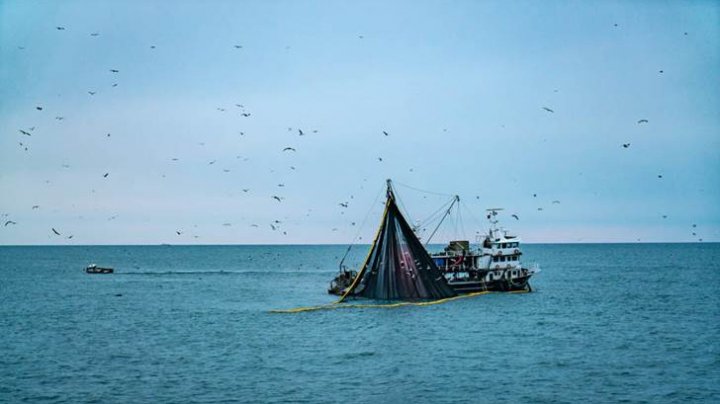Conference eyes sustainable future for Black Sea fisheries and aquaculture
 foto: FAO
foto: FAO
Fisheries experts convene today in Sofia, Bulgaria – to take stock of progress towards sustainable fisheries and aquaculture in the Black Sea and propose actions to maintain the momentum.
All Black Sea countries signed the landmark Bucharest Declaration in 2016, with the goal of a sustainable future for fisheries and aquaculture in the Black Sea. Participants in this week’s High-level Conference on Black Sea Fisheries and Aquaculture will review what has been achieved since then.
The conference is organized by FAO’s General Fisheries Commission for the Mediterranean and the Black Sea, in collaboration with partner organizations in the Black Sea region and in close coordination with the Bulgarian Government.
In line with its slogan “Acting now for a sustainable future,” the conference is a forum for exchanging experience and scientific knowledge on fisheries and aquaculture development. Participants are encouraged to propose solutions for implementation by countries surrounding the Black Sea.
According to FAO, global fish production and consumption are on the rise. Fisheries are viewed as crucial to the task of feeding a global population set to reach 9.7 billion by 2050.
Yet, aquatic systems are exposed to major human-caused threats and the Black Sea is no exception.
“The region continues to face challenges,” said Victoria Chomo, FAO senior fishery and aquaculture officer. “Recovering our overexploited stocks, mitigating the threat to ecosystems from pollution and invasive species, adapting to climate change, and developing aquaculture in a sustainable way.”
Another major problem being highlighted by FAO is illegal, unreported and unregulated – or IUU – fishing.
“IUU fishing is a particularly pervasive and destructive practice,” Chomo said. “In the Black Sea, it negatively affects livelihoods from both commercial and sport fisheries.”
The second day of the conference will be dedicated to a high-level session to review progress since 2016, and identify new strategic actions for the Black Sea region.
FAO is active on a number of fronts to achieve sustainability in fisheries and aquaculture.
International dialogue and cooperation on fisheries and aquaculture contribute to the achievement of the 2030 Agenda for Sustainable Development. Sustainable Development Goal 14 – for which FAO is a custodian UN agency – includes a target on prohibiting fisheries subsidies that contribute to overfishing and overcapacity.
FAO is promoting its Blue Growth Initiative, which advocates ways to balance economic growth, social development, food security, and sustainable use of aquatic living resources.
Finally, FAO is calling upon all riparian governments and other concerned groups in the Black Sea region to support adoption and implementation of the 2009 Port State Measures Agreement. Among other things, the Agreement helps block the flow of IUU-caught fish onto national and international markets.